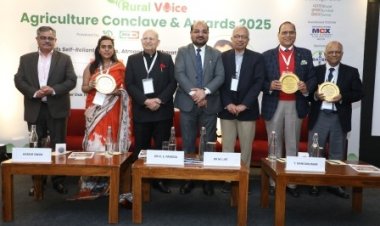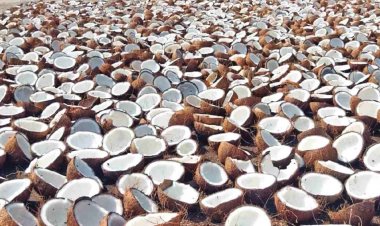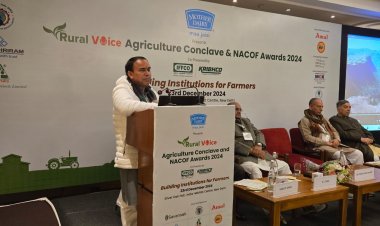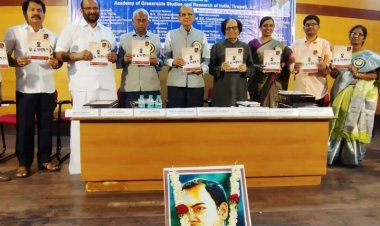Lack of awareness among consumers on adulterated food, Tata Tea Kanan Devan finds
With an aim to bring out the gap between high awareness of the harmful effects of adulterated products and translating this into actual daily practice, Tata Tea Kanan Devan — one of South India’s leading tea brands — has revealed interesting research findings pertaining to tea through its ‘Karnataka Quality Paradox’ survey.
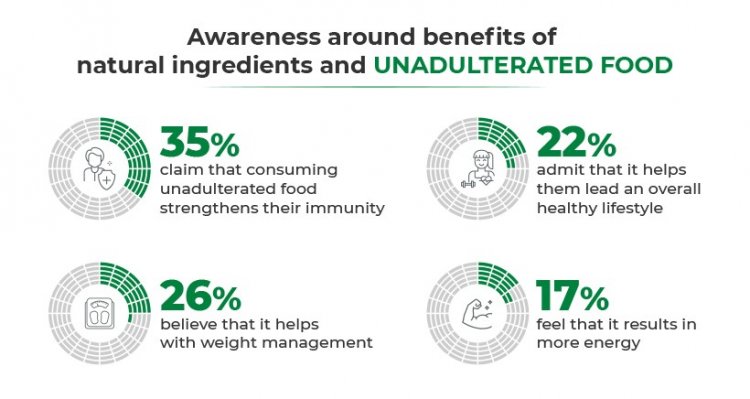
As per the Food Safety and Standards Authority of India (FSSAI) annual report 2018-19, the percentage of food adulterated has almost doubled — from 12.8 per cent in 2011-12 to 28 per cent in 2018-19. And most Indian consumers fall prey to adulterated food products unknowingly. The Tea Board of India, too, particularly flagged the issue of low-grade tea being infused with artificial colour and being passed off as healthy beverage products recently.
With an aim to bring out the gap between high awareness of the harmful effects of adulterated products and translating this into actual daily practice, Tata Tea Kanan Devan — one of South India’s leading tea brands — has revealed interesting research findings pertaining to tea through its ‘Karnataka Quality Paradox’ survey.
The research interviewed 2000-plus respondents across age categories in seven major Karnataka cities — Bangalore, Mangalore, Mysore, Bagalkot, Chitradurga, Chikmagalur and Davanagere. It gives key insights on the need to raise awareness on the harmful effects of adulterated tea and the need to opt for trusted quality and pure, fresh tea.
One, consumers are aware of the importance of unadulterated products which are based on natural ingredients. According to the survey, 35 per cent of the respondents claim that consuming unadulterated food and beverages strengthens their immunity. More than a quarter believe that it helps with weight management. One in every five respondents admits that it helps them lead an overall healthy lifestyle. 17 per cent feel that it results in more energy.
Two, in spite of such awareness, consumers may still end up purchasing adulterated food products. This behaviour is more prevalent in daily-use food items like tea. The data suggest that 57 per cent of the respondents consider grocery shopping a tedious chore or simply pick up items on their budget and leave. Nearly a third of the respondents purchase tea based on the recommendation of their retail shopkeeper.
Three, consumers struggle to identify and find genuinely unadulterated products. Nearly a quarter of respondents are unsure of how to check for adulteration in a product. Although there are many quality brands, 24 per cent of the respondents are still under the misconception that pure and natural products tend to be more expensive. 8 per cent of the respondents are very concerned that a lot of products they buy may be adulterated.
Data suggest that more than a quarter of respondents do not check anything and simply assume that loose tea is of good quality. More than a fifth base their decision to purchase tea on price and promotional offers at the store.
Elaborating on the survey findings, Puneet Das, President, Packaged Beverages, India & South Asia, Tata Consumer Products Limited, said, “Karnataka Quality Paradox aims to educate consumers on the harmful effects of consuming adulterated tea, thereby encouraging them to transition to pure tea choices.”
Nutritionist Kavita Devgan said, “More than a year into the pandemic, Indians have greatly altered their shopping and food consumption habits with a focus on choosing products for their wellbeing. Despite high awareness on the benefits of consuming pure food products, it is surprising to note the disparity in food product purchases. For instance, the report suggests that close to 67 per cent consumers still purchase loose tea which could be adulterated, possibly leading to health issues.”
In order to promote awareness on food safety, FSSAI recommends Detect Adulteration with Rapid Test (DART), a compilation of common quick and basic tests for detecting food adulterants. These preliminary tests can be used to detect adulterants in common food products like tea, milk, spices and pulses.



 Join the RuralVoice whatsapp group
Join the RuralVoice whatsapp group


















